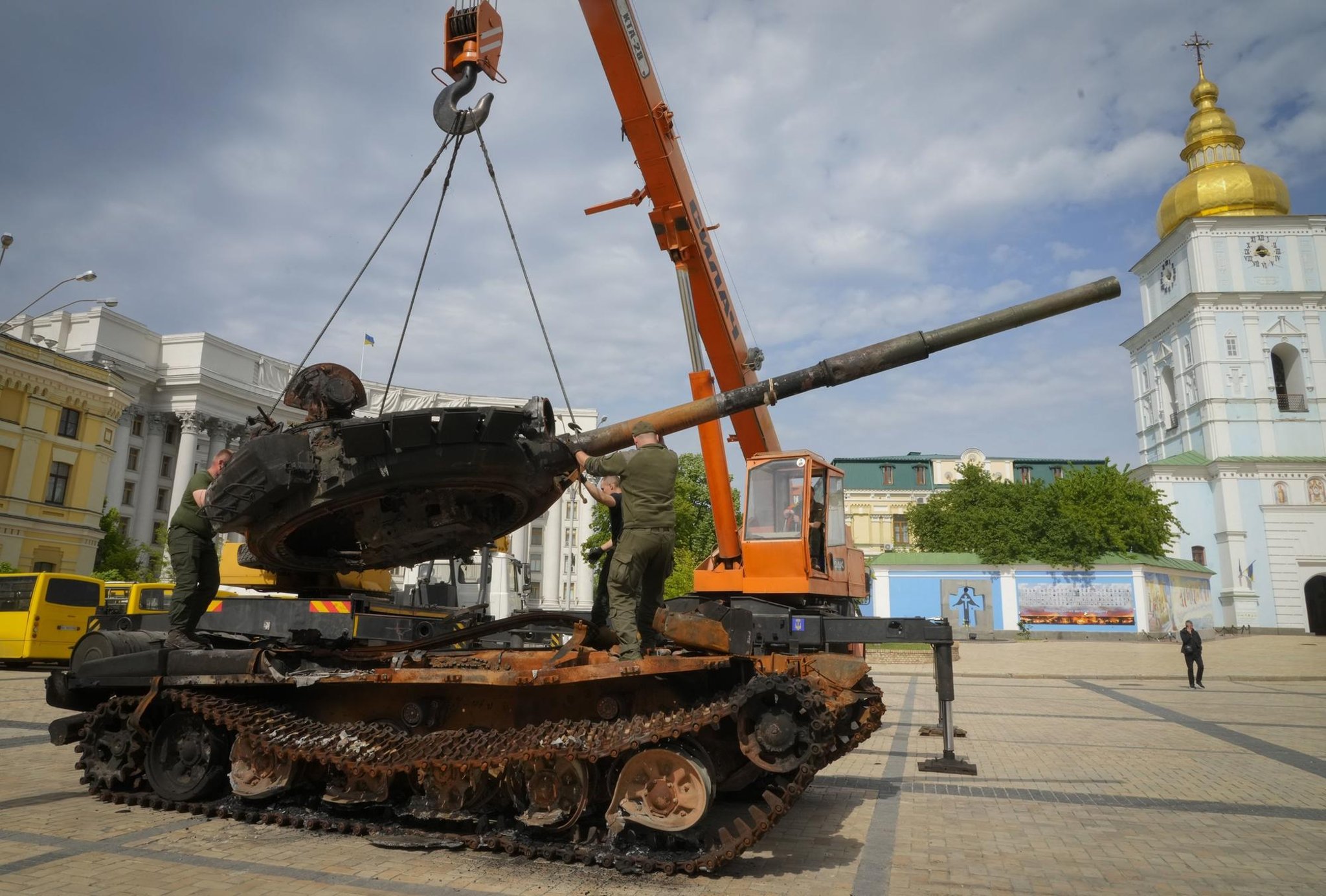Finland is the latest country to be cut off from an energy supply used to generate electricity and the power industry after refusing the Russian decree.
Poland and Bulgaria were cut off at the end of last month, but had prepared for the loss of gas or supplies from other countries.
Mr Putin said “unfriendly foreign buyers” are opening two accounts in state-owned Gazprombank, one to pay in euros and dollars as specified in the contracts and the other in roubles.
Italian energy company Eni said this week it was “initiating procedures” to open an account in euros and roubles.
The European Commission, the executive arm of the European Union, said countries making payment in the currency stated in their contracts and officially signaling that the payment process is concluded are acceptable under EU sanctions. But he says opening a second ruble account would violate them.
This left countries scrambling to decide what to do next.
Finland has refused the new payment system, with energy company Gasum saying its supply will be cut off on Saturday.
CEO Mika Wiljanen called the cut “very regrettable”.
But he said “provided there are no disruptions to the gas transmission network, we will be able to supply all our customers with gas in the months to come”.
Natural gas accounted for just 6% of Finland’s total energy consumption in 2020, Finnish broadcaster YLE said. Almost everything is imported from Russia.
This has nothing to do with big customers like Italy and Germany, which get 40% and 35% of their gas from Russia respectively.
According to Gasum, Russian energy giant Gazprom said in April that future payments under the supply contract should be made in rubles instead of euros.
It comes after Finland, along with Sweden, applied to join NATO’s military organization, marking one of the biggest geopolitical ramifications of Russia’s war on Ukraine that could rewrite the map of the world. European security.
Russia’s move comes as Ukrainian officials said their troops repelled an attack in the east, as Moscow struggled to gain ground in the region that is now at the center of the war.
Beaten by their long siege of the vital port city of Mariupol, Russian troops need time to regroup, according to an assessment by the British Ministry of Defence. But they may not get it.
The town and steel mills where Ukrainian fighters repelled the Russian onslaught for weeks have become a symbol of Ukraine’s stoic resilience and surprising ability to thwart a much larger force.
A number of soldiers – the number of which was unclear – were still locked up in the Azovstal factory on Friday, after the surrender of more than 1,700 soldiers in recent days.
The dead of the battle are also evacuated, according to Denis Prokopenko, the commander of the Azov regiment, which is among the defenders of the plant.
Speaking of “fallen heroes”, he said: “I hope that soon relatives and all of Ukraine will be able to bury the fighters with honors.”

